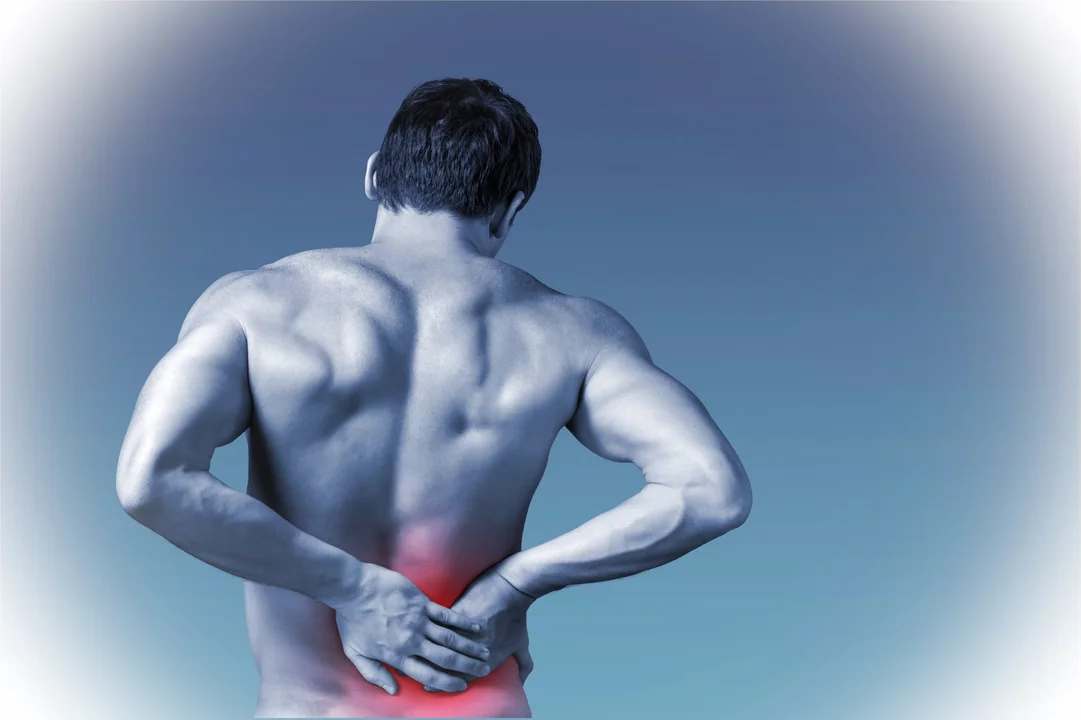Muscle Aches – What They Are and How to Ease Them Fast
If you’ve ever woken up with sore shoulders or felt tight calves after a workout, you know how annoying muscle aches can be. They’re usually just tiny tears in the muscle fibers that cause inflammation and pain. Most of the time they’ll fade on their own, but the discomfort can mess up your day if you don’t treat it right.
Common triggers include heavy lifting, sudden sprinting, long periods of sitting, or even sleeping awkwardly. Dehydration and low electrolytes can make a mild ache feel worse, while stress often tightens muscles in the neck and back. Knowing the cause helps you pick the fastest fix.
Fast‑Acting Over‑the‑Counter Relief
The go‑to for many is ibuprofen. It blocks the chemicals that cause inflammation, so you feel less pain within an hour. For best results, take 200‑400 mg every six to eight hours with food to protect your stomach. If you have a sensitive gut, try acetaminophen instead—it eases pain but doesn’t reduce swelling.
Topical gels and patches work well for localized aches. Look for products that list menthol or capsaicin; they create a cooling or warming sensation that distracts nerves from the pain. Apply a thin layer to clean skin and re‑apply after a few hours if needed.
Home Remedies That Actually Help
Heat and cold are simple but powerful tools. Ice a fresh injury for 15‑20 minutes several times a day to cut swelling. After the first 48 hours, switch to a warm compress or a short shower to boost blood flow and speed healing.
Gentle stretching can prevent stiffness from turning into chronic pain. Try a light hamstring stretch or shoulder rolls for about five minutes after you’ve warmed up the muscle. If you’re into yoga, poses like child’s pose or cat‑cow keep muscles supple without overdoing it.
Staying hydrated and refilling electrolytes—especially potassium and magnesium—helps muscles recover faster. A banana, a handful of nuts, or an electrolyte drink after exercise can make a big difference.
If your ache lasts more than a week, gets worse, or is accompanied by fever, numbness, or swelling, it’s time to see a healthcare professional. Persistent pain could signal a strain that needs physical therapy or an underlying condition like tendonitis.
Bottom line: combine safe ibuprofen use (or acetaminophen), smart heat/cold tricks, gentle movement and proper hydration for quick muscle‑ache relief. You’ll be back to feeling normal without spending hours searching for the perfect remedy.

